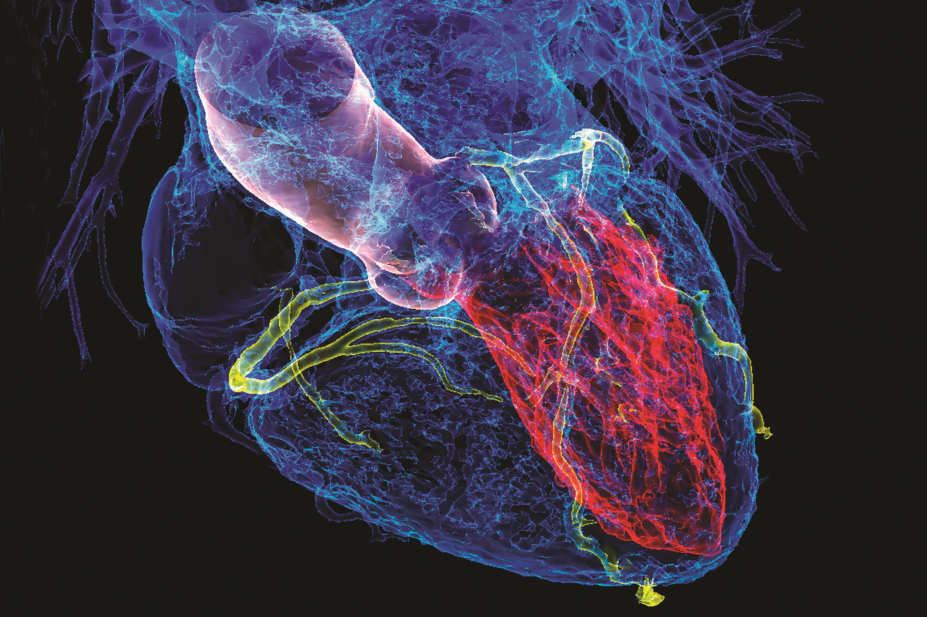
K H Fung / Science Photo Library
Despite a recent increase in prescriptions for non-cancer chronic pain, there is a lack of research into the long-term effects of chronic pain medication on cardiometabolic (CM) health.
In PLoS One (6 December 2017), researchers studied UK Biobank data on 133,401 participants to compare those taking CM drugs alone (control group) with those taking CM drugs alongside pain medication[1]
.
Those taking opiates had the worst CM profile, with a 95% increased chance of being obese, an 82% increased chance of having a ‘very high risk’ waist circumference and a 63% increased chance of hypertension compared with those taking CM drugs alone. The researchers suggested this could be because the sedative effect of pain medication reduces physical activity. These poor metabolic outcomes were also more common in people taking neuropathic pain medication compared with controls.
The team said the findings raise questions about the safety of these drugs and suggested they should be prescribed for shorter periods of time than in current practice.
References
[1] Cassidy S, Trenell MI, Anderson KN. The cardio-metabolic impact of taking commonly prescribed analgesic drugs in 133,401 UK Biobank participants. PloS One 2017;12:e0187982. doi: 10.1371/journal.pone.0187982


